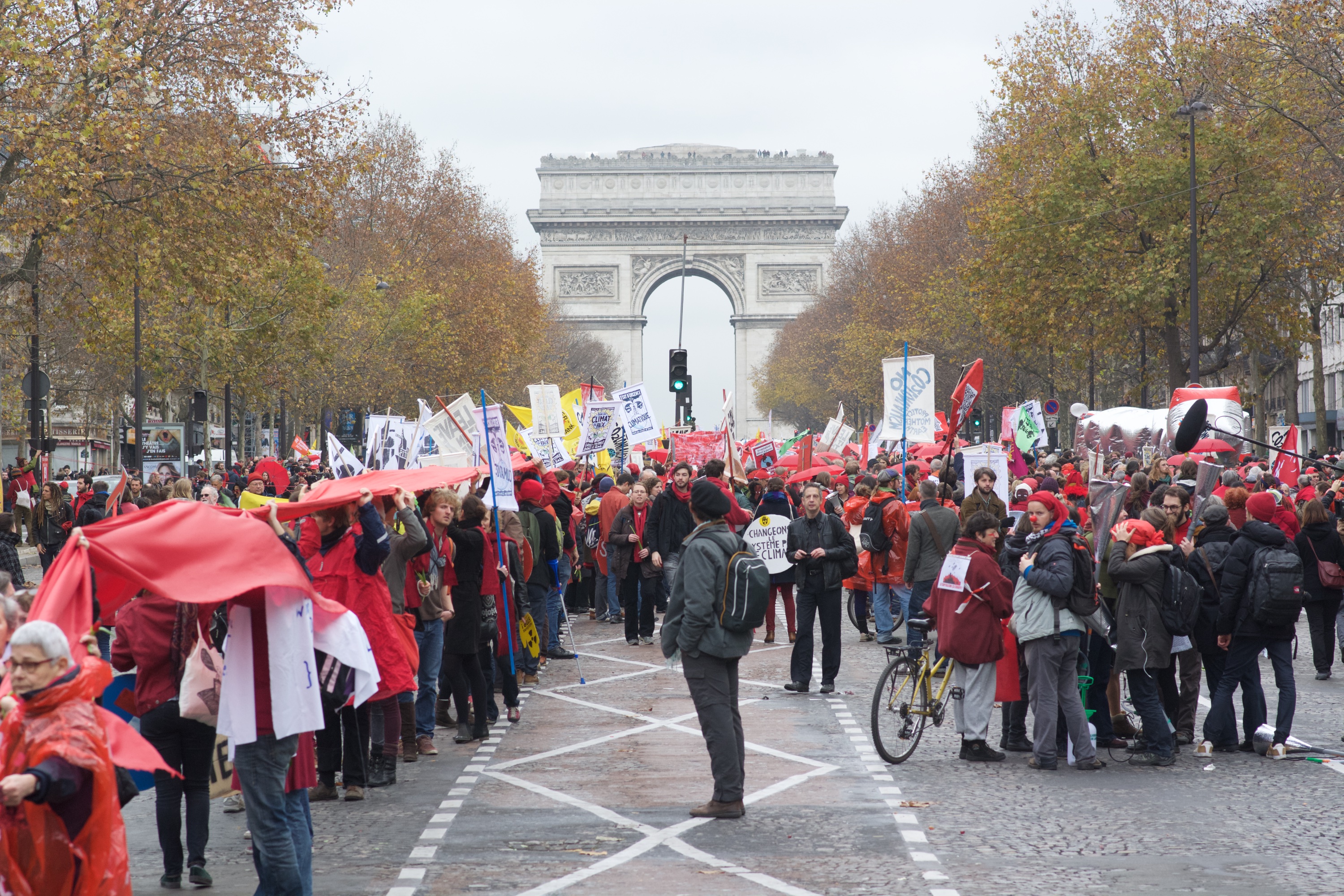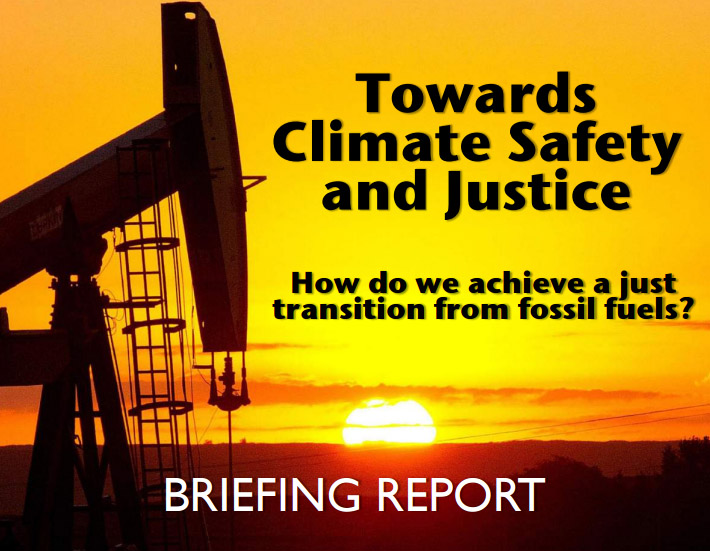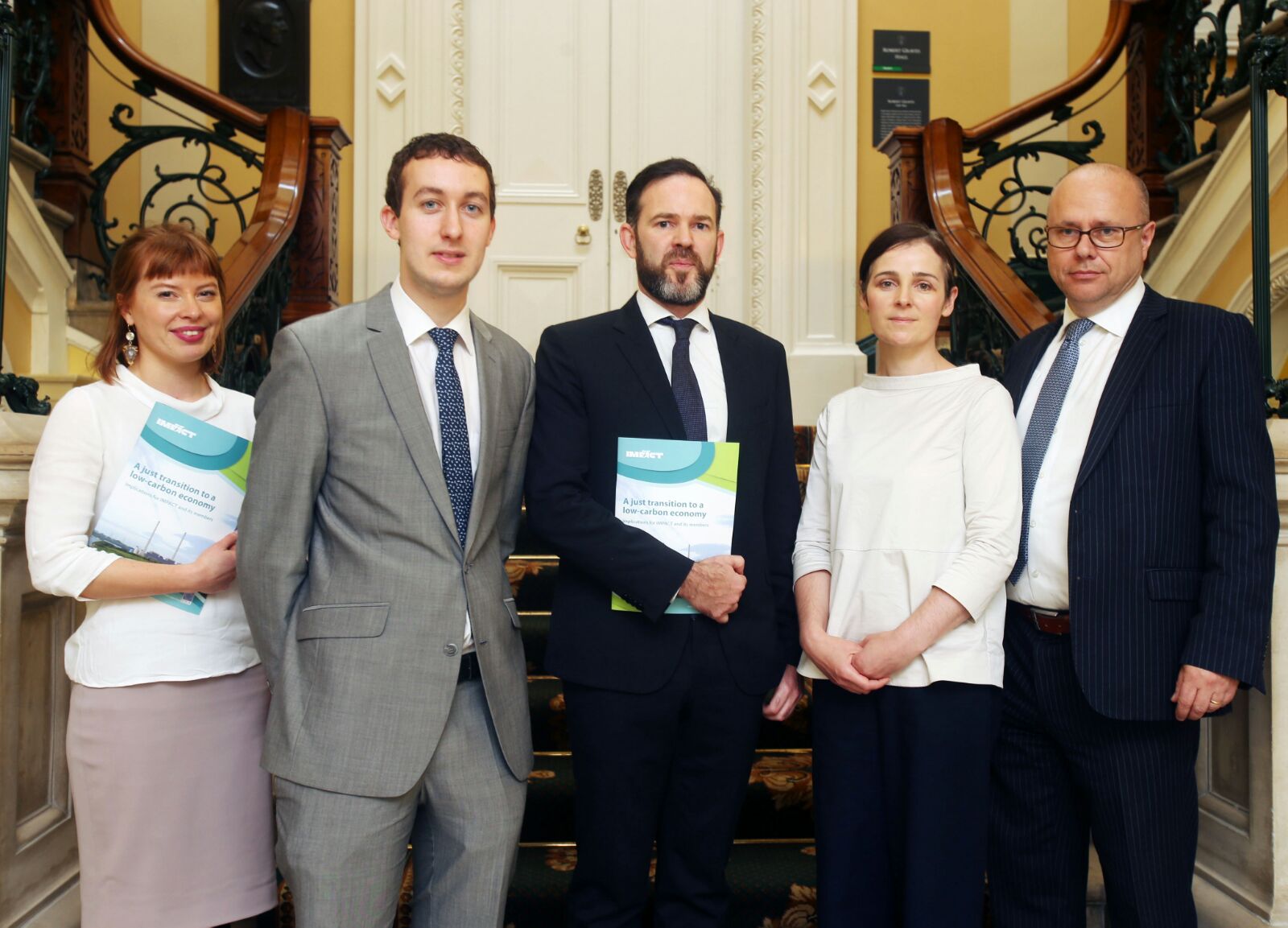What the experts want from GE2020 – Caroline Whyte

February 4th, 2020
Over the past three weeks, as in all election cycles, we have become accustomed to the knock at the door from canvassers or candidates themselves are they vie for our number one at the ballot box.
We have asked leading climate and biodiversity experts to tell us the key policy asks that they have raised with candidates when they come a-knocking.
Next up is Feasta researcher Caroline Whyte whose work primarily looks at upstream economic interventions such as financial sector reform, taxation reform and Cap and Share that can provide vital support and protection to local initiatives that are contributing to the energy transition and restoring biodiversity. Caroline also has an MA in ecological economics from Mälerdalen University in Sweden.
Feasta – the Foundation for the Economics of Sustainability – was founded in 1998 to explore the economic, cultural and environmental characteristics of a sustainable society, articulate how the necessary transition can be effected and promote the implementation of the measures required for this purpose.
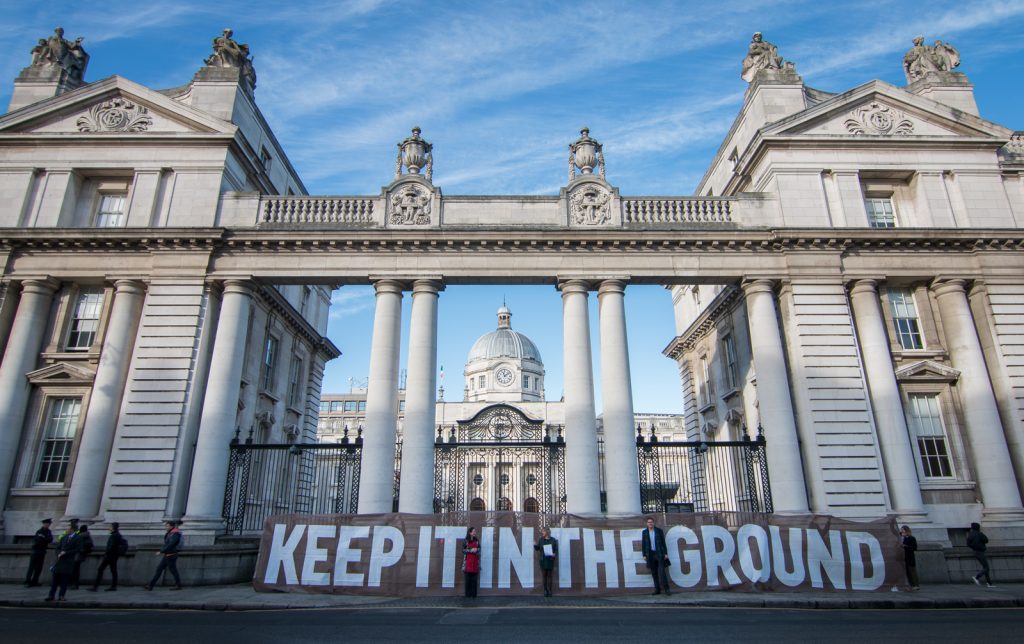
Cap the supply of all fossil fuel, and of artificial fertiliser, in partnership with a low-income country
Judging by other countries’ attempts to meet emissions targets, reducing the supply of fossil fuel to Ireland by at least eight per cent appears to be the only reliable way to achieve deep and lasting cuts in emissions. However, simply raising the price of carbon without imposing a hard cap on its overall supply will not prevent wealthy climate change deniers from accessing and burning fossil fuels.
We also need to ensure that a ban on fracked gas imports – which is rightly being called for at present by the One Future civil society campaign – will not trigger a rebound rush towards oil and coal consumption or towards biofuels.
Setting consumption-based targets will not address this risk sufficiently as the ETS has shown. All fossil fuel imports must be capped, along with the fertiliser that is used for biofuel production. To contribute its fair share to international climate justice, Ireland could enter into a ‘Cap and Share partnership’ with a low-income country which would provide a clear framework for the energy transition of both countries.

Introduce ’safe-haven’ public banking to help stabilise the financial system in Ireland
Ireland’s economy may appear buoyant at present, but it has worrying fissures which could be severely exacerbated by future resource constraints unless they are addressed quickly. The failures in healthcare and housing provision are well-known. Less well-known (but if anything, even more serious) is the fact that the Irish economy is heavily reliant on unsustainable debt.
This situation has arisen from increasing difficulties in sourcing reliable and affordable energy, from rigid fiscal policies imposed on the smaller Eurozone members, and from over-dependence on commercial banks that the Irish public had to bail out at enormous social cost after the 2008 crash.
If another global financial crisis was to occur – as many geopolitical analysts, including the IMF’s head believe to be probable – the effects on Ireland could be rapid and catastrophic.
Irish politicians should consider implementing ‘safe haven banking’ (currently being debated in the Netherlands where it has received a 100 per cent consensus vote in the Dutch House of Representatives).
This programme would create a public Irish bank – or a group of regional public banks – as a stable and transparently-managed alternative to the commercial banks, along with a 10-year transition period during which deposit holders at commercial bank in Ireland would have the option to transfer increasing amounts of their funds to the public bank.
There would also be a gradual phasing out of the distortionary and environmentally-harmful privileges currently enjoyed by commercial banks. It’s worth noting also that the supply-based carbon cap described in point one above would establish a robust upstream framework for the greening of the financial sector.
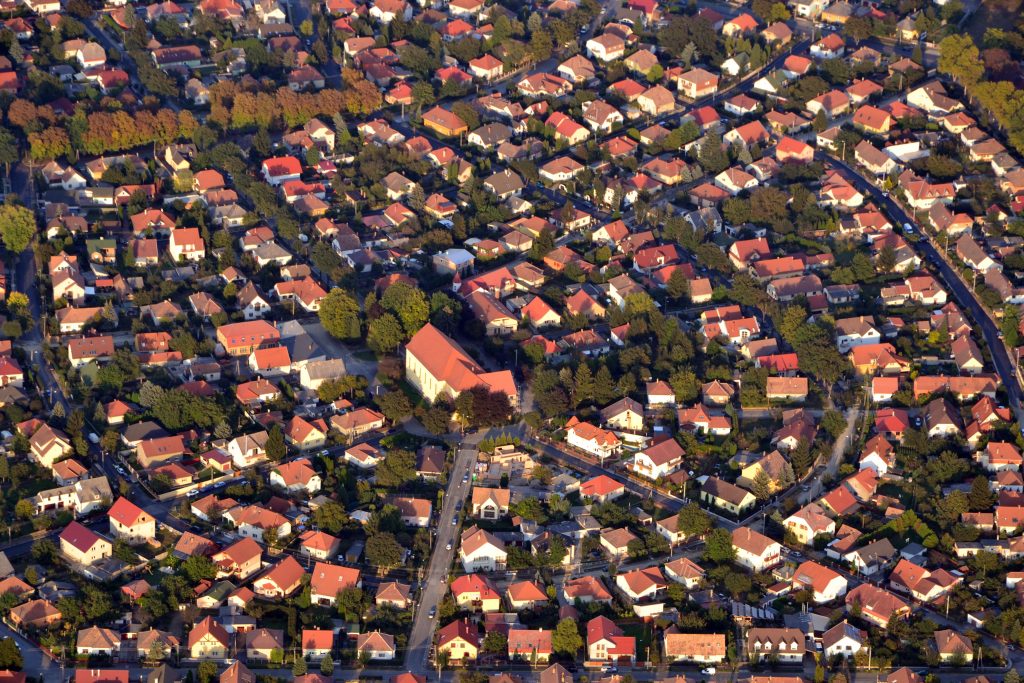
Introduce a universal basic income along with land value tax
These twin measures could not only ameliorate the Irish housing situation and increase overall levels of well-being (including physical and mental health) in Ireland, but would also improve macroeconomic stability and ease pressure on the environment. They should be considered essential components of a Just Transition.
Land value tax would encourage ecologically viable building practices, significantly reduce speculation on land, and help to prevent tax avoidance by the wealthy. Basic income – whose supply could be administered by a public bank – would be a big financial support to many recipients, alleviate stress, improve access to good nutrition and enable recipients to innovate, experiment, make long-term plans and carry out essential but undervalued tasks, such as caring for the vulnerable.
Rather than locking people into work that has been specified by a policymaker far away in an office who may have little or no knowledge of the on-the-ground needs of a community, a basic income would maximise physical and mental autonomy and flexibility, enabling people and communities to adapt quickly to changing circumstances.
